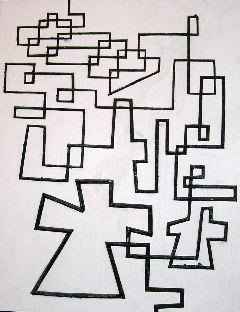81. W. H. Auden - Forwards to 'Collected Poems'
.
1944
In the eyes of every author, I fancy, his own past work falls into four classes. first, the pure rubbish which he regrets ever having conceived; second––for him the most painful––the good ideas which his incompetence or impatience prevented from coming to much (The Orators seems to me such a case of the fair notion fatally injured); third, the pieces he has nothing against except their lack of importance; these must inevitably form the bulk of any collection since, were he to limit it to the fourth class alone, to those poems for which he is honestly grateful, his volume would be too depressingly slim.
1965
. . . Some poems which I wrote and, unfortunately, published, I have thrown out because they were dishonest, or bad-mannered, or boring.
A dishonest poem is one which expresses, no matter how well, feelings or beliefs which its author never felt or entertained. For example, I once expressed a desire for 'New styles of architecture'; but I have never liked modern architecture. I prefer old styles, and one must be honest even about one's prejudices.
In art as in life, bad manners, not to be confused with a deliberate intention to cause offence, are the consequence of an over-concern with one's own ego and a lack of consideration for (and knowledge of) others. Readers, like friends must not be shouted at or treated with brash familiarity. Youth may be forgiven when it is brash or noisy, but this does not mean that brashness and noise are virtues.


0 Comments:
Post a Comment
<< Home